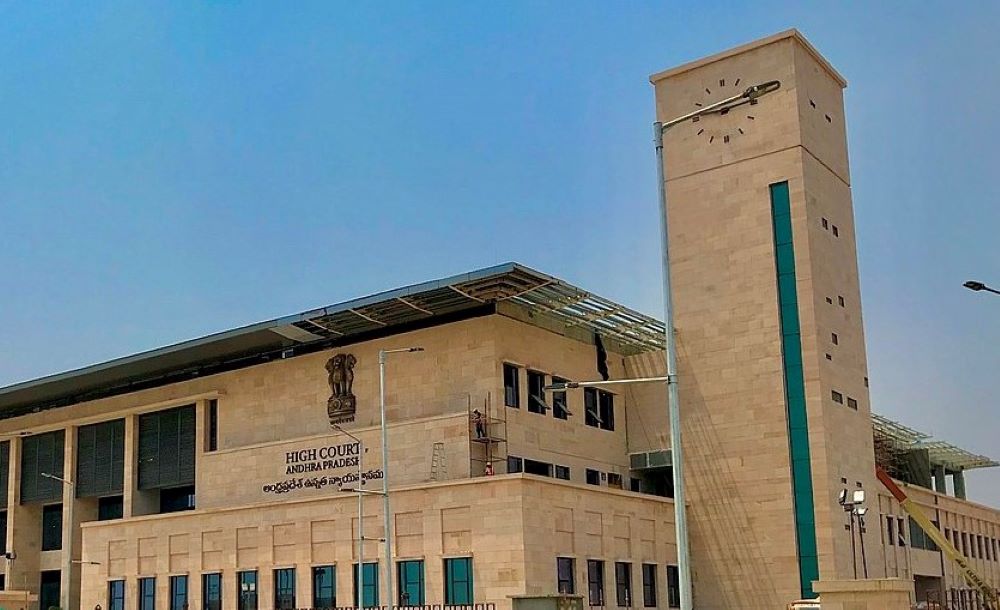LI Network
Published on: December 12, 2023 at 12:17 IST
The Andhra Pradesh High Court asserted that a signatory cannot be held vicariously liable under Section 141 of the Negotiable Instruments Act, 1881, in the context of sole proprietary trading.
The petitioner (A2), authorized signatory to the sole proprietorship of A1, approached the High Court through a Criminal Revision petition challenging the lower court’s orders convicting him under sections 138 and 141 of the NI Act.
Justice Venkata Jyothirmai Pratapa, relying on the precedent of Raghu Lakshminarayanan v. Fine Tubes, emphasized that a sole proprietorship should not be equated with a ‘company’ as mentioned in Section 141 of the NI Act.
The court stated, “A sole-proprietorship concern cannot be brought within the ambit of Section 141 of the N.I. Act. A sole proprietorship concern possesses no separate legal identity on its own and is merely a business name of the proprietor.”
Further clarifying, the bench held that a sole proprietor, being an independent individual, can only be prosecuted under Section 138 of the NI Act, and vicarious liability cannot be imposed on the employees of the sole proprietor.
The case originated from private complaints filed by the defacto complainant, alleging that he supplied rice worth 18 Lakhs to the sole proprietorship/A1 on credit. When A1 issued four cheques to clear the credit, they were returned with an ‘insufficient funds’ endorsement, leading to legal proceedings against both A1 and A2.
The Trial Court found both A1 and A2 guilty under Section 138 of the NI Act, sentencing them to one year of imprisonment and a fine of INR 10,000.
The petitioner argued that as the authorized signatory, he couldn’t be held guilty merely for being an employee of A1. Additionally, A2 contended that since A1 admitted to being the sole proprietor, vicarious liability should not apply.
The High Court held that only the person drawing the cheque and maintaining the bank account could be liable under Section 138. As A2 was neither a signatory nor the dishonored cheques drawn from his account, the court concluded that he cannot be held vicariously liable.
The petitions (Criminal Petition Nos. 564, 566, 569, and 572 of 2020) were allowed, and the proceedings were quashed.

